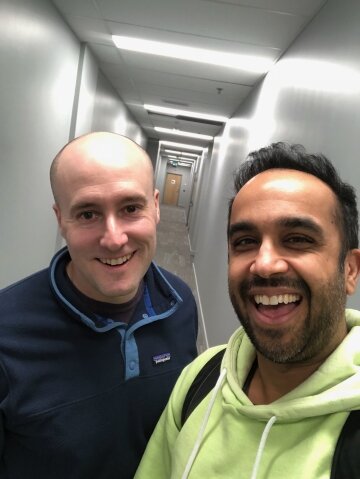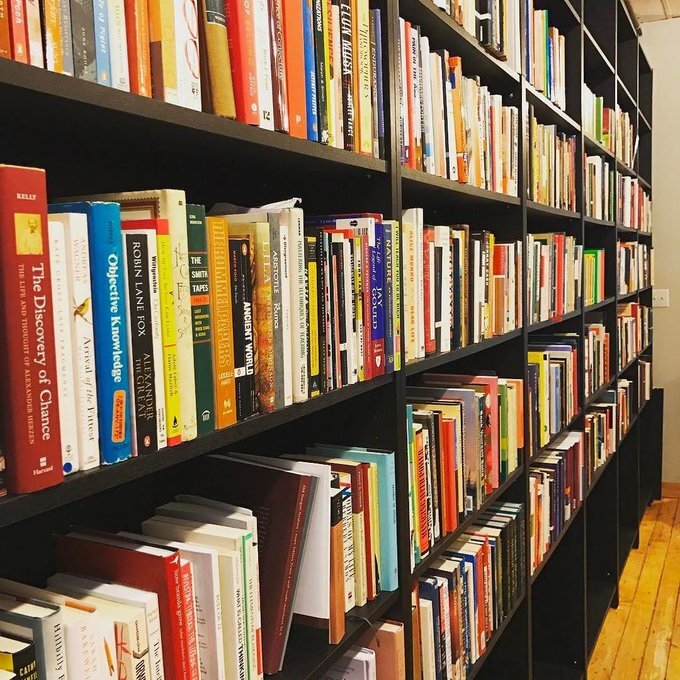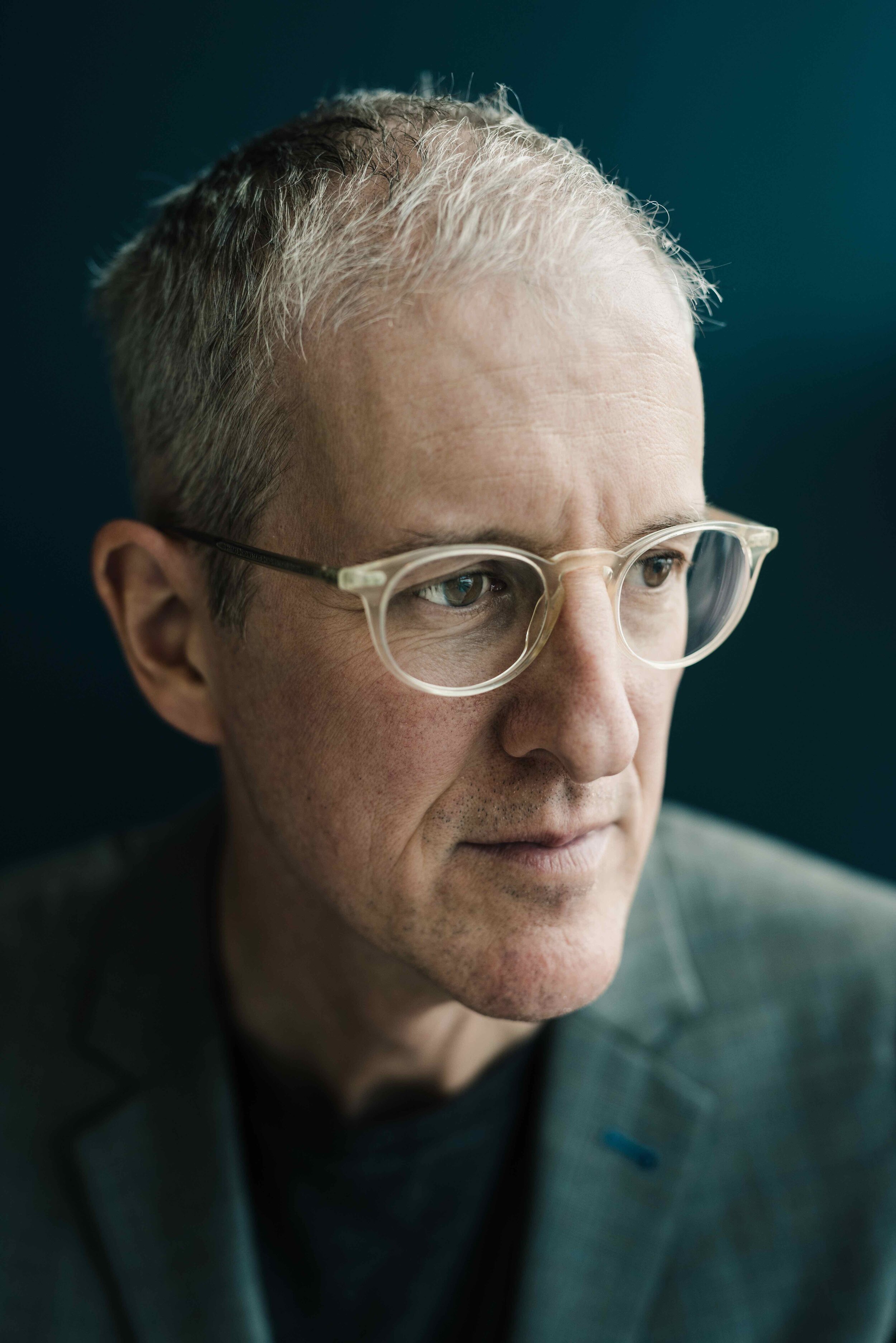“Xicana AF. Bitch is my pronoun.” So reads the Twitter bio of Myriam Gurba, my guest, our guest, in Chapter 62.
A Mexican/American writer, storyteller, and visual artist from California, Myriam is the author of the true crime memoir Mean, which was hailed by O magazine as “one of the best LGBTQ+ books of all time.” She is also the author of Painting Their Portraits in Winter, Dahlia Season, as well as a number of chapbooks, all of which pack an audacious punch. And if her infectious written word is not enough, she’s toured with Sister Spit, a lesbian feminist spoken word and performance art collective.
She traffics in Spanglish and bold truth, the kind of which is raw and fierce.
“When I tell gringos that my Mexican grandfather worked as a publicist, the news silences them. Shocked facial expressions follow suit. Their heads look ready to explode and I can tell they’re thinking, ‘In Mexico, there are PUBLICISTS?!’ I wryly grin at these fulanos and let my smile speak on my behalf. It answers, ‘Yes, bitch, in México, there are things to publicize such as our own fucking opinions about YOU.’ - Myriam Gurba
Those words are from her viral article, Pendeja, You Ain’t Steinbeck: My Bronca with Fake-Ass Social Justice Literature, in which she takes down Jeanine Cummins’ novel American Dirt. She had been asked to review the book by Ms. Magazine, but they rejected said review on the basis that she, “lacked the fame to pen something so negative.” The controversy came to light, as well as her original critique, and the publishing world erupted. Cultural appropriation, the white gaze, racism, and the lack of diversity in the publishing industry were brought to the fore.
Unafraid and unapologetic, Myriam had no choice but to ride the wave of deliberation. Aspersion was only heightened, shortly thereafter, by her very publicized suspension from her teaching job in a local high school by an armed police escort. Her social media presence was deemed inappropriate. And yet, she was, in her words, simply defending students who were accusing teachers of abuse.
She is passionate and energetic, a big thinking firecracker who challenged my views and grew my thinking on so many levels for which I am so grateful. We had a jet-fueled conversation talking about racism, prejudice, growing up queer, police brutality, violence against women, the Mexican obsession with death, and, of course, Myriam Gurba’s 3 most formative books.
Are you ready for a gritty, vulnerable, and honest conversation with the one and only Myriam Gurba?
Let’s go!
(Trigger Warning: This conversation does veer into topics of sexual abuse and trauma.)
What You'll Learn:
Why is there so much white supremacy in publishing?
How can we use vulnerability to draw strength?
What is it like growing up queer?
How can we become better activists?
Why should the police and prison system be abolished?
What constitutes violence against women?
What systems fuel misogyny and patriarchy?
How can we have a better body image?
How do we deal with genital shame?
What are the roots of racism?
Why is it so important to engage in corporeal politics?
Notable quotes from myriam gurba:
“We are discussed as if we are the problem because we are framed as the problem, but we are never asked or invited to the table to help resolve the problem of white supremacy. “ - @lesbrains #3bookspodcast
“White folks aren’t accustomed to having to work to understand critique.” - @lesbrains #3bookspodcast
“The police exist to perform spectacles of violence.” - @lesbrains #3bookspodcast
CONNECT WITH Myriam Gurba:
Word of the chapter:
Wordcloud of the chapter:
Resources Mentioned:
Myriam’s first book [23:00]
Myriam’s second book [54:50]
Myriam’s third book [1:30:00]
Racial Capitalism Won’t Change My Brown-Ass Pussy by Myriam Gurba
Walking by Henry David Thoreau
Why I do all this Walking by Nassim Taleb
The Life Changing Magic of the Five-Hour Walk - Neil Pasricha video
Frontier City: Toronto on the Verge of Greatness by Shawn Micallef
Inferno by Dante





















